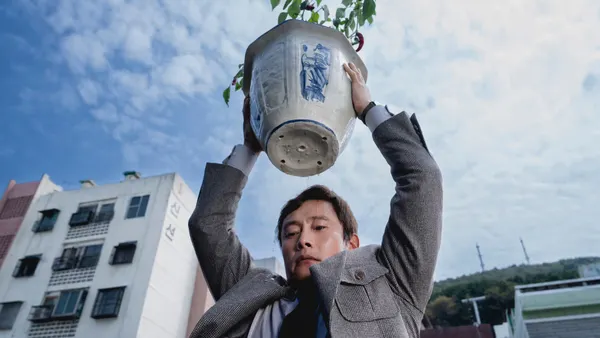Sitting across the desk from a candidate, one would never imagine that the individual is ready to roll his or her eyes at the way the interview is going. Or that the application process to even get to this point is ridiculously long. Or that the candidate is just hoping you recite the same practiced interview questions so they can give their canned responses, because they know they will probably never be called back.
Recruiters are likely just trying to watch for the subtle signs that this candidate is worth the effort. But, what if you could crawl into the brain of the candidate to find out what’s going on in the synapses there? A new survey, conducted by Standout CV, a UK-based CV writing service, interviewed 1,000 active job seekers to find out what they really think about company recruitment processes.
How much time candidates spend searching for work
- Most candidates spend around 6.5 hours each week on their job search, with 38% dedicating up to 10 hours each week.
- The average amount of jobs applied for in a week is 16. But to secure one job interview, they report applying to as many as 27 jobs.
What job seekers don’t like about the process
- 56% of job seekers find the entire process of finding a job very stressful.
- 67% of this stress comes from dealing with recruiters, which seems to be the toughest element of the job hunt.
- 55% fret about finding the time to look for work.
- 43% believe they may or may not get a response to their applications.
What candidates think is okay about the job search
- 65% of candidates believe that most job advertisements are enough to explain job requirements.
- 89% think that recruiters could be doing a better job at providing feedback to candidates.
On interviews, what’s going well and not so much
- 76% of applicants think that recruiters provide them with enough information to prepare for interviews.
- 57% worry about being able to get time off from work to interview.
- 72% of candidates don’t think recruiters are sensitive enough to their work commitments.
- Once arriving for interviews, most candidates report waiting 14 minutes before it starts.
- 81% of the time, interviewers make an effort to make candidates feel comfortable and relaxed.
- More than half of successful candidates are told they have the job within one week.
What we can learn from the survey
Siofra Pratt, who highlighted the survey on the Social Talent blog, shared that recruiters can do much to improve the candidate experience and make it more positive and productive.
For starters, recruiters can do a lot more to improve the relationships they have with candidates. Fostering good will starts with the moment that a candidate reviews a job posting, all the way through the application, interview and follow up process. Provide some level of feedback to all candidates on their performance during the process, even those who don’t make the cut. In a labor market that is dealing with skill shortages, recruiters cannot afford to ignore any candidate, lest it reflects poorly on the employer brand.
Another lesson to be learned from this survey is that recruiters need to respect the time and other responsibilities of candidates. Most of them have jobs and families and other commitments, and they need to be able to arrange for time off to come in for an interview. Develop flexible interviewing practices, such as virtual and phone interviews, and then be equally flexible when scheduling in-face interviews.
Lastly, recruiters need to improve on efficiency – to take the best candidates from source to hire quickly. While it is difficult to balance individual attention with the expectations of a volume of candidates, new technology has emerged in the space to enable recruiters to act quickly. Hiring managers need methods to follow up and provide feedback and updates to candidates. Even if they are not a good fit for one job they may be for another in the future.
Consider this: For every candidate left with a positive experience, there are potentially dozens of other great candidates that may be referred by this one candidate. Every candidate is worth the time and effort. It’s all about building goodwill with candidates that recruiters need to focus on in the years to come.












